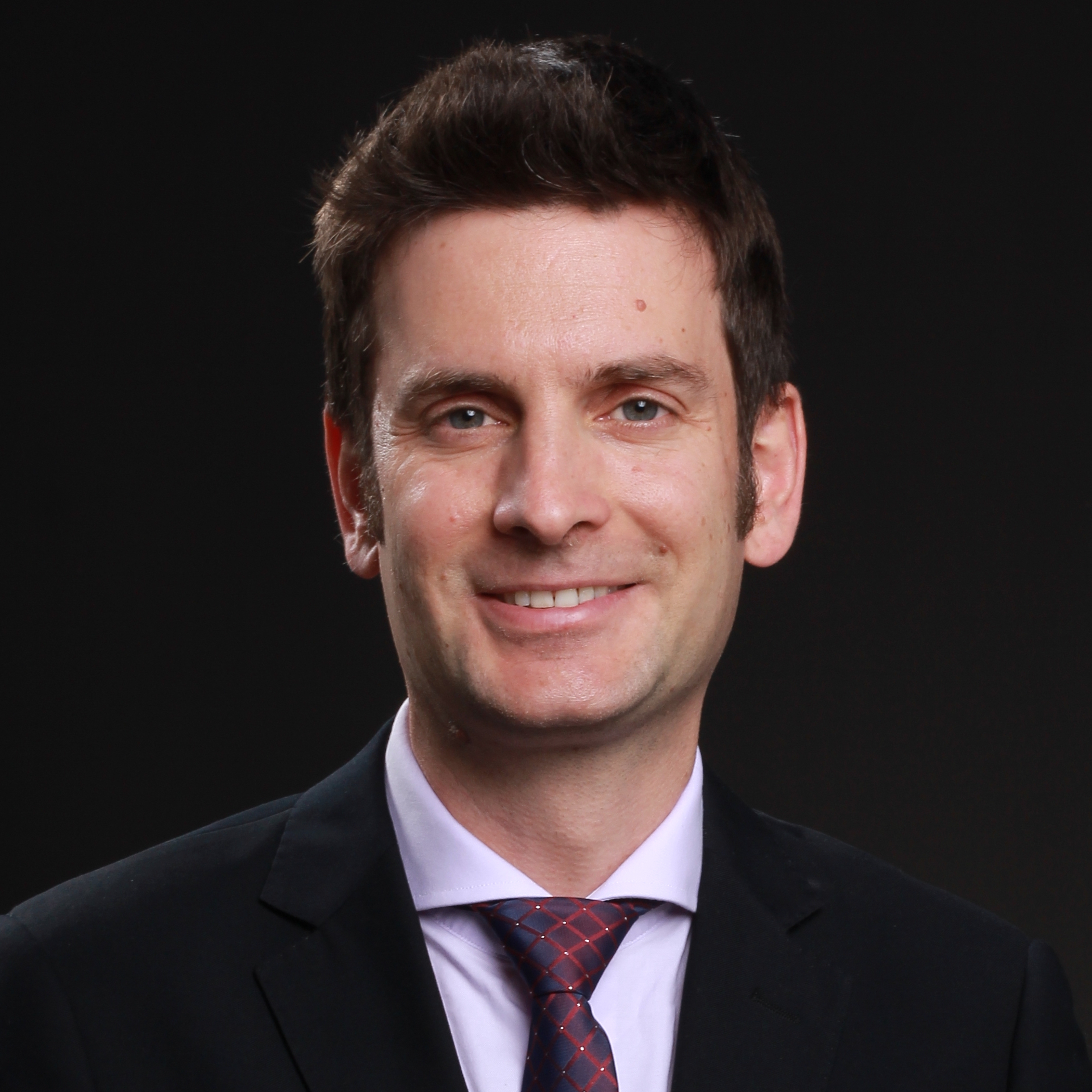

- 天文系
- Galaxies, dark matter
- sonnenfeld@sjtu.edu.cn
I am an observational astronomer, working at the interface between galaxy evolution and cosmology. I am an expert in gravitational lensing, which I use to study the distribution of matter inside and around galaxies. My long-term goal is to contribute to our understanding of the nature of dark matter.
PhD
University of California Santa Barbara, 12/1/2015. Thesis: “Luminous and dark matter in early-type galaxies”. Supervisor: Prof. Tommaso Treu
Employment history
Dec 2022 - Present: Shanghai Jiao Tong University. Associate professor
Sep 2018 - Aug 2022: Leiden University. Postdoctoral fellow
Sep 2015 - Aug 2018: Kavli Institute for the Physics and the Mathematics of the Universe, The University of Toyko. Postdoctoral fellow
Feb 2015 - Jul 2015: University of California Los Angeles. Postdoctoral scholar
Fellowships and awards
Sep 2020 - Nederlandse Onderzoekschool Voor Astronomie (NOVA) fellowship
Sep 2018 - Aug 2020: Marie Skłodowska-Curie Individual Fellowship
Sep 2014: Price Prize in Cosmology and AstroParticle Physics, CCAPP, The Ohio State University
Grants
Sep 2018: Marie Skłodowska-Curie Individual Fellowship. European Union, Horizon 2020 research and innovation programme (Project ID: 792916) - 165,598 EUR
Apr 2017: Grants-in-Aid for Scientific Research (KAKENHI) Young Scientists (B). Japan Society for the Promotion of Science, Ministry of Education, Culture, Sports, Science and Technology (Grant number: JP17K14250) - 1,400,000 JPY (approx. 11,000 EUR)
I am pursuing two main lines of research. The first one is focused on inferring the matter distribution in the inner regions (few kpc) of galaxies, with strong gravitational lensing. The second one aims at measuring the overall dark matter halo mass of galaxies, with weak gravitational lensing. The eventual goal is to merge them into a single effort, to obtain an accurate mapping of baryonic and dark matter over a broad range of scales. I have been developing statistical methods for the exploitation of strong and weak lensing data, and I am planning on applying these methods to data from upcoming surveys, such as the Chinese Space Station Telescope.
I am currently a member of the following international collaborations: Kilo Degree Survey (KiDS), TDCOSMO, 4MOST.
I am available for the supervision of students on research projects involving the analysis of strong and weak gravitational lensing data.
Sonnenfeld, A.; Li, S.; Despali, G.; Shajib, A. J.; Taylor, E. N. 2023, A&A submitted, arXiv:2301.13230. “Strong lensing selection effects”
Sonnenfeld, A.; Tortora, C.; Hoekstra, H.; et al. 2022, A&A, 662, 55. “The dark matter halo masses of elliptical galaxies as a function of observationally robust quantities”
Sonnenfeld, A. 2022, A&A, 659, A141. “The effect of spiral arms on the Sérsic photometry of galaxies”
Sonnenfeld, A. 2022, A&A, 659, A133. “Statistical strong lensing. IV. Inferences with no individual source redshifts”
Sonnenfeld, A. 2022, A&A, 659, A132. “Statistical strong lensing. III. Inferences with complete samples of lenses”
Sonnenfeld, A. 2021, A&A, 656, A153. “Statistical strong lensing. II. Cosmology and galaxy structure with time-delay lenses”
Sonnenfeld, A. & Cautun, M. 2021, A&A, 651, 18. “Statistical strong lensing. I. Constraints on the inner structure of galaxies from samples of a thousand lenses”
Sonnenfeld, A. 2020, A&A, 641, 143 “A robust two-parameter description of the stellar profile of elliptical galaxies”
Sonnenfeld, A.; Verma, A.; More, A.; et al. 2020, A&A, 642, 148. “Survey of Gravitationally-lensed Objects in HSC Imaging (SuGOHI). VI. Crowdsourced lens finding with Space Warps”
Sonnenfeld, A.; Jaelani, A. T.; Chan, J.; et al. 2019, A&A, 630, 71. “Survey of gravitationally-lensed objects in HSC imaging (SuGOHI). III. Statistical strong lensing constraints on the stellar IMF of CMASS galaxies”
Sonnenfeld, A.; Wang, W.; Bahcall, N 2019, A&A, 622, 30. “Hyper Suprime-Cam view of the CMASS galaxy sample. Halo mass as a function of stellar mass, size, and Sérsic index”
Sonnenfeld, A.; Leauthaud, A.; Auger, M. W.; et al. 2018, MNRAS, 481, 164. “Evidence for radial variations in the stellar mass-to-light ratio of massive galaxies from weak and strong lensing”
Sonnenfeld, A. & Leauthaud, A. 2018, MNRAS, 477, 5460. “A Bayesian hierarchical approach to galaxy-galaxy lensing”
Sonnenfeld, A. 2018, MNRAS, 474, 4648. “On the choice of lens density profile in time delay cosmography”
Sonnenfeld, A.; Chan, J. H. H.; Shu, Y.; et al. 2018, PASJ, 70, 29. “Survey of Gravitationally-lensed Objects in HSC Imaging (SuGOHI). I. Automatic search for galaxy-scale strong lenses”
Sonnenfeld, A.; Nipoti, C.; Treu, T. 2017, MNRAS, 465, 2397. “Merger-driven evolution of the effective stellar initial mass function of massive early-type galaxies”
Sonnenfeld, A.; Treu, T.; Marshall, P. J.; et al. 2015, ApJ, 800, 94. “The SL2S Galaxy-scale Lens Sample. V. Dark Matter Halos and Stellar IMF of Massive Early-type Galaxies Out to Redshift 0.8”
Sonnenfeld, A.; Nipoti, C.; Treu, T. 2014, ApJ, 786, 89. “Purely Dry Mergers do not Explain the Observed Evolution of Massive Early-type Galaxies since z ~ 1”
Sonnenfeld, A.; Treu, T.; Gavazzi, R.; et al. 2013, ApJ, 777, 98. “The SL2S Galaxy-scale Lens Sample. IV. The Dependence of the Total Mass Density Profile of Early-type Galaxies on Redshift, Stellar Mass, and Size”
Sonnenfeld, A.; Gavazzi, R.; Suyu, S. H.; et al. 2013, ApJ, 777, 97. “The SL2S Galaxy-scale Lens Sample. III. Lens Models, Surface Photometry, and Stellar Masses for the Final Sample”
Sonnenfeld, A.; Treu, T.; Gavazzi, R.; et al. 2012, ApJ, 752, 163. “Evidence for Dark Matter Contraction and a Salpeter Initial Mass Function in a Massive Early-type Galaxy”
Sonnenfeld, A.; Bertin, G.; Lombardi, M. 2011, A&A, 532, 37. “Direct measurement of the magnification produced by galaxy clusters as gravitational lenses”

